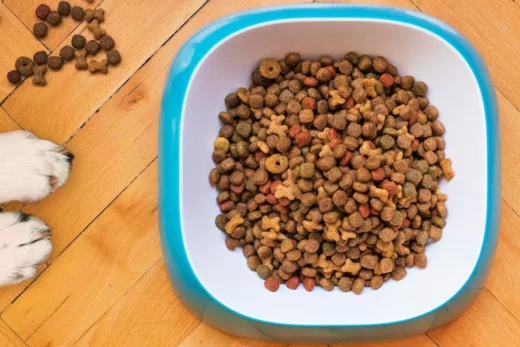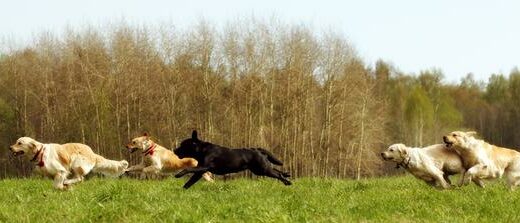
While most dogs are Hoovers, vacuuming up any and all scraps under the kitchen table, others don’t move a muscle when you pour out their bowl of food. So what gives? There are many factors that can influence a dog’s eating habits. A decreased appetite may be signs of underlying health concerns, so it’s important to know what’s normal for your pup and pay attention to any changes in their daily dining. Here’s what to look for if your dog isn’t chowing down like usual.
Does your dog have a health issue?
If your dog is one that never misses a meal but refuses to eat all of a sudden, this should be a red flag. Problems in the mouth (dental disease) may cause discomfort and prevent eating even if they act hungry. Gastrointestinal, respiratory, cardiac, autoimmune, metabolic, and neurologic diseases may also cause some degree of decreased appetite. Stress can even be a factor for some dogs. Now we don’t recommend digging yourself into a DogMD hole. It’s always a good idea to consult your vet if you notice any sudden or drastic changes in your dog’s appetite to rule out any conditions.
Did your dog pick up bad habits?
If we’ve learned anything as pet parents, it’s that dogs are actually training us and not the other way around. If your dog is otherwise healthy, they might just be holding out for the good stuff — aka table scraps and treats. For some dogs, exposure to new foods that are different than their regular diet may result in pickiness over time. You should definitely keep tabs on if they’re getting any extra treat spoiling around the house or office since treats shouldn’t make up more than 10% of their total daily calories. If this is the case, you should be strict in offering only their core meal and feeding as directed by the guidelines on the bag. Eventually they will develop a stronger appetite for their core diet.





